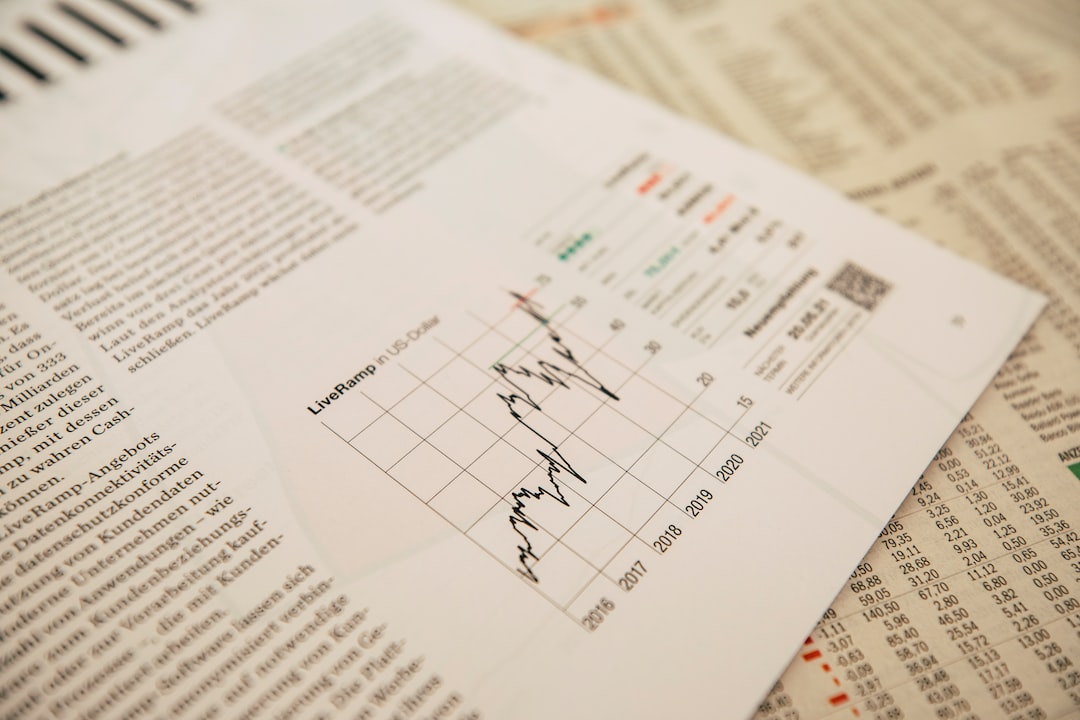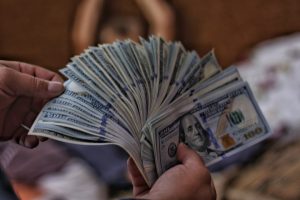Forex trading is a popular investment option that allows traders to buy and sell currencies. It is a decentralized market that runs 24 hours a day, 5 days a week, making it accessible to traders worldwide. However, the question of how many forex traders are profitable remains a pressing one among investors. According to a study conducted by the French financial regulator AMF, only 31% of retail forex traders in France were profitable in 2017. In this article, we will delve deeper into the topic of forex trading profitability and explore the reasons behind the low success rate.
The Forex Market
Before we delve into the question of profitability, it is essential to understand the forex market’s dynamics. Forex trading is the act of buying and selling currencies in pairs. The market is influenced by several factors, including economic data releases, geopolitical events, and market sentiment. The forex market is highly volatile, and prices can fluctuate rapidly.
Profitability in Forex Trading
Profitability in forex trading is determined by the trader’s ability to make consistent profits over an extended period. There are two types of forex traders: retail and institutional traders. Retail traders are individual traders who trade with their funds, while institutional traders are large financial institutions that trade on behalf of clients.
Retail traders have a relatively low success rate in forex trading. Many studies have shown that most retail traders lose money in the long run. The AMF study mentioned earlier found that only 31% of retail traders in France were profitable in 2017. Another study by the National Futures Association (NFA) in the United States found that over 70% of retail forex traders lose money.
Why Do Most Retail Traders Lose Money?
Several factors contribute to the low success rate of retail forex traders. These include:
1. Lack of Education and Experience
Many retail traders enter the forex market without proper education or experience. They rely on their intuition and emotions, which often lead to poor trading decisions. Successful forex trading requires a deep understanding of market dynamics, technical analysis, and risk management.
2. Overtrading
Overtrading is a common mistake among retail traders. They tend to trade too frequently, leading to high transaction costs and increased risks. Overtrading can also lead to emotional trading decisions, which often result in losses.
3. Poor Risk Management
Risk management is an essential aspect of forex trading. Many retail traders fail to manage their risks properly, leading to significant losses. Successful traders use risk management strategies such as stop-loss orders and position sizing to minimize their risks.
4. Emotional Trading
Emotions play a significant role in forex trading. Many retail traders let their emotions, such as fear and greed, dictate their trading decisions. Emotional trading often leads to impulsive and irrational decisions, resulting in losses.
Institutional Traders’ Success Rate
Institutional traders, on the other hand, have a much higher success rate in forex trading. This is because they have access to advanced trading technology, research, and analysis tools. They also have a team of experienced traders and analysts who work together to make informed trading decisions.
Conclusion
In conclusion, the question of how many forex traders are profitable is a complex one. Studies have shown that most retail traders lose money in the long run, while institutional traders have a much higher success rate. The low success rate of retail traders can be attributed to several factors, including lack of education and experience, overtrading, poor risk management, and emotional trading. Therefore, it is crucial for traders to invest in proper education, develop a trading plan, and use risk management strategies to increase their chances of success in forex trading.





